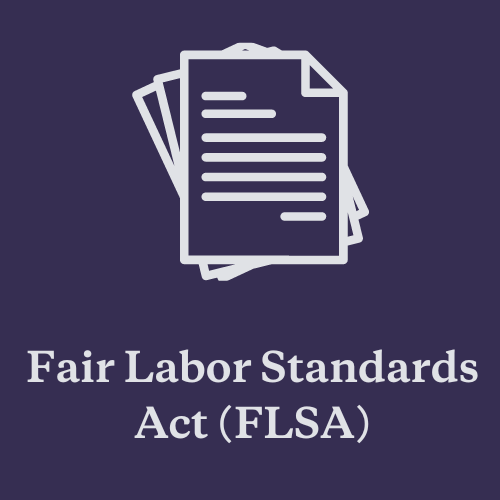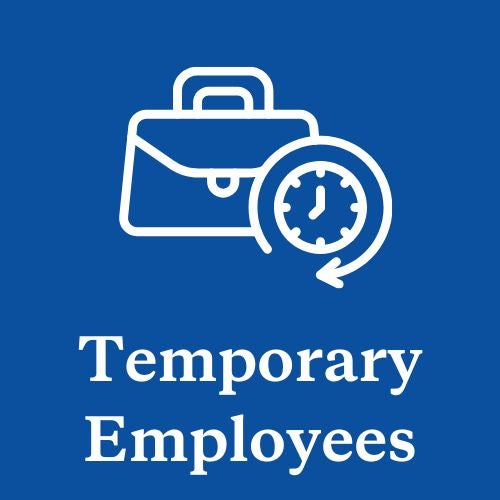Staff Compensation Philosophy
Rice considers the following elements as particularly important in determining the pay ranges for particular classes of positions:
- The market rates for comparable jobs in relevant employment markets; and
- The value of total compensation at Rice (direct pay such as salary and contributions to the Rice Retirement Plan; value of benefits such as medical insurance and paid time off; and the intrinsic value of working at Rice) relative to relevant employment markets.
Rice considers the most important element in determining the position in the pay range of individual staff members to be the staff member's work performance relative to performance expectations, paying particular attention to the exceptional instances in which superior performance leads to a disproportionate, positive impact on the achievement of university goals.
POLICY 410 - Staff Compensation Policy
- Responsibilities
-
The Compensation function is responsible for plans and programs related to cash and non-cash methods or types of pay and incentives. This is often referred to as direct compensation.
Responsibilities include:
- Wage and Salary Administration
- Pay Structures/Schedules
- Job Evaluation/Classification
- Wage and Salary Survey participation
- FLSA and other Regulation Compliance
- Staff Pay Administration Guidelines
-
Rice University administers compensation practices, guidelines, and programs that are market competitive, internally equitable, and reflective of the roles and responsibilities needed at the university. These practices are applied equitably and without regard to an individual's age, disability, gender, gender expression, gender identity, genetic information, national origin, race, religion, sex, sexual orientation, or veteran status.
Rice’s pay practices and compensation programs balance structure with flexibility to be competitive within markets and for required talent and support responsible stewardship of the University’s resources.
The full document is available here: https://rice.app.box.com/s/6o6a1gigndb70l8hr8h52vlmdz6ntu98
- Crisis Pay
-
Below are the Crisis Pay Guidelines, which met to create the guidance for crisis pay situations. Crisis Pay start and stop times will be defined by the Incident Management Team based on operational periods and resource requirements.
Stages of a Crisis
Mitigation – Preparing for known incidents Response – Responding to an incident, including the “Ride-out” Team Recovery – Transitioning from response into recovery to get the University back to normal (or new normal) operations
Exempt Staff
Schools and divisions may use their discretion in awarding one-time payments or PTO to essential exempt staff who went to extraordinary lengths during a crisis. Extraordinary efforts would be defined as they are for nonexempt staff, but would also include any exempt staff working remotely, 24/7 coverage, to maintain communications and operations for the campus.
More information:
Scheduled Hours Pay – Employees are paid at their regular rate of pay for all hours they are normally scheduled to work but were unable to due to the suspension of normal operations during a crisis. This works like winter recess; it is used to keep our employees’ pay whole the crisis for hours they are not able to work; hours do not count towards overtime.
Regular Pay – Employees are paid at their regular rate of pay, and hours count towards overtime.
Crisis Pay – Campus Waiting – Employees are paid at the regular rate of pay; hours do not count towards overtime. This pay code is used during the mitigation stage of a crisis for essential personnel that are required to remain on campus to be available for the response stage of a crisis. This pay code is used during the response stage of a crisis for Essential On-Campus 24/7 personnel during a time not worked, but required to remain on campus to be available to work at any time (for example, pay code used for ride out crews during sleep or downtime).
Non-essential personnel – Employees are expected to work, if possible, from their home (assuming no damage to the home, availability of power/internet, and if the nature of the work is such that it can be done remotely).
Types of Work Designations
It is the responsibility of each school and division to determine which positions are essential based on the type of crisis as outlined in the Continuity Of Operations Plan (COOP).
Types of Pay
Employee pay during a crisis is outlined in detail in the Crisis Pay Guidelines Matrix. Please refer to it for more information. A brief summary outlining our practices is included below:
Nonexempt Staff
Note: Essential personnel in the Essential On-Campus Shift and Essential On-Campus 24/7 groups who are unable to report to work during times of crisis will be paid the same as non-essential personnel.
Non-essential personnel – Employees are expected to work, if possible, from their home (assuming no damage to the home, availability of power/internet, and if the nature of the work is such that it can be done remotely).
Types of Work Designations
Essential personnel – Employees responsible for safeguarding people and property and maintaining critical operations. There are three types of essential personnel:
- Essential Working Remotely: Those that can work remotely during a crisis (business continuity)
- Essential On-Campus Shift: Essential personnel who must report to campus for work and are assigned designated work shifts (not requiring 24/7 availability)
- Essential On-Campus 24/7: Essential personnel who must report to campus for work and are required to be available 24/7










